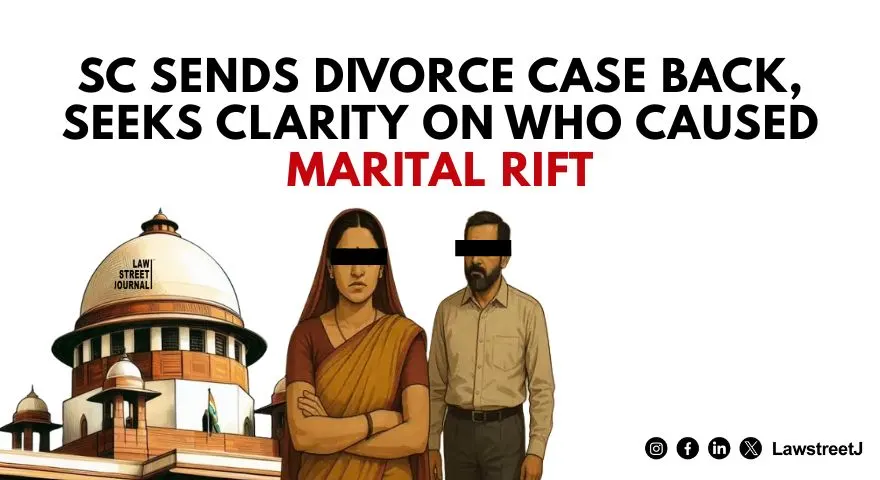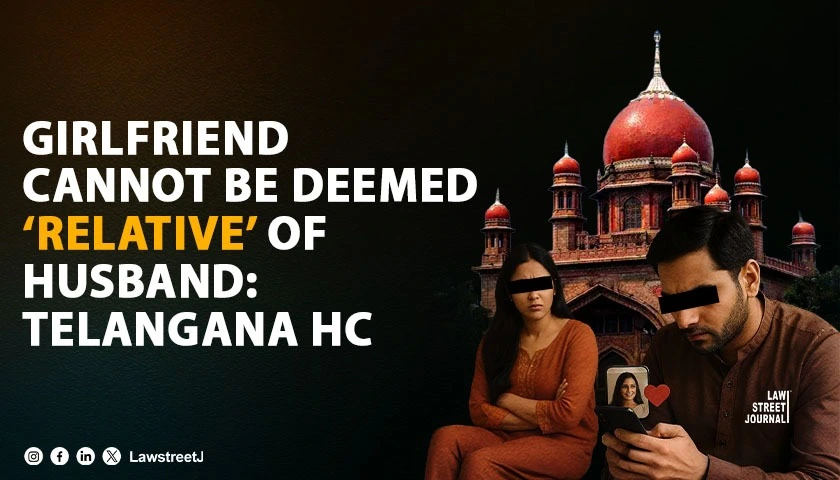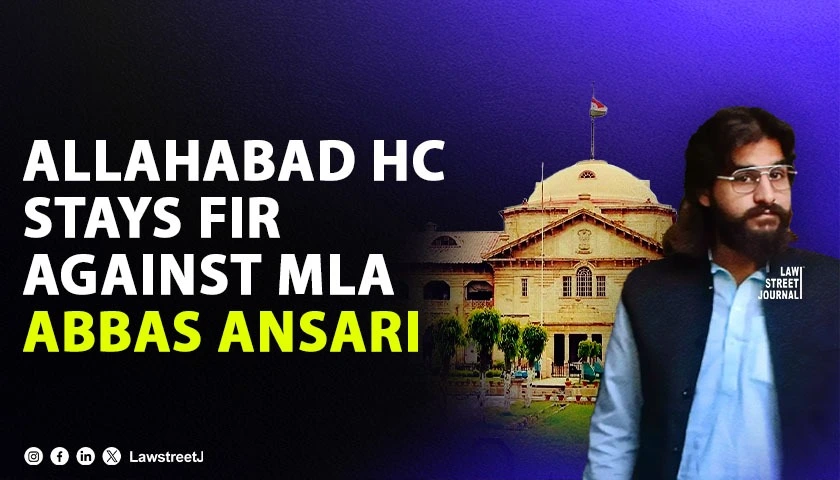New Delhi: The Supreme Court of India, on November 14, 2025, partially allowed an appeal filed by a wife challenging the dissolution of her marriage, emphasizing that High Courts must first determine which party is responsible for the marital breakdown before concluding that a marriage is irretrievably broken. The Bench, comprising Justices Surya Kant and Joymalya Bagchi, set aside the judgment of the High Court of Uttarakhand, which had granted divorce to the husband on the ground of cruelty.
The appellant, Dr. A (wife), contested the High Court’s decision, which had reversed the trial court’s dismissal of the divorce petition. The parties, married in 2009, had been involved in litigation soon after their marriage. The husband had filed and withdrawn a previous divorce petition based on cruelty in 2010, before filing a second petition in 2013 on the ground of desertion.
The Supreme Court noted that the High Court had granted divorce “primarily on the strength of the reasons assigned in paragraph 11 of the impugned judgment, accepting the oral narratives of the respondent with respect to the alleged mental cruelty suffered by him.” Crucially, the apex court observed that the High Court failed to address the wife’s plea that she was “thrown out of the matrimonial home and was forced to live separately.”
The Court underscored the mandatory duty of courts when dealing with cases involving separation and the concept of “irretrievable breakdown.” The judgment states:
“In this vein, we may hasten to add that Courts, in recent times, often observe that since the parties are living separately, the marriage should be taken to have broken irretrievably. However, before jumping to such a conclusion, it is imperative upon the Family Court or the High Court to determine as to who out of the two is responsible for breaking the marital tie and forcing the other to live separately.”
Also Watch
Highlighting the potential negative impact on minor children, the Court further ruled:
“Unless there is cogent evidence for willful desertion or refusal to cohabit and/or look after the other spouse, the finding of marriage having been broken irretrievably is likely to have devastating effects, especially on the children.”
The Supreme Court directed the High Court to freshly consider several imperative points, including:
- Whether the appellant was thrown out of the matrimonial home or whether she voluntarily deserted the respondent.
- Whether the withdrawal of the first divorce petition, which was also based on cruelty, would bar the filing of a second petition on the same cause of action.
- Whether cruelty was committed by the respondent in not allowing the appellant to rejoin the matrimonial home and/or by denying maintenance, love, affection, and care to the minor child of the parties.
Finding that the High Court had not undertaken the necessary exhaustive analysis, the Supreme Court set aside the impugned judgment and remitted the matter for fresh consideration in accordance with law. The parties were directed to appear before the High Court on November 24, 2025.
Case Details:
Case Title: A v. I
Case Number: Civil Appeal No. _ of 2025 (Arising out of SLP (Civil) No. 24920 of 2019)
Court: Supreme Court of India
Coram: Justice Surya Kant; Justice Joymalya Bagchi
Date of Judgment: 14-11-2025
Advocates for Appellant: Mr. Tushar Bakshi, AOR
Advocates for Respondent: Mr. Satyajit A. Desai, Adv.; Mr. Sachin Singh, Adv.; Mr. Parth Johri, Adv.; Mr. Sanchit Agrahari, Adv.; Ms. Anagha S. Desai, AOR













